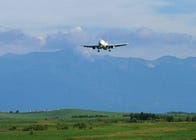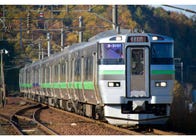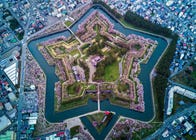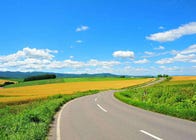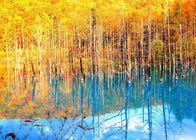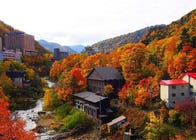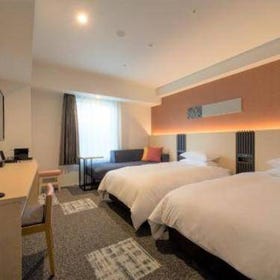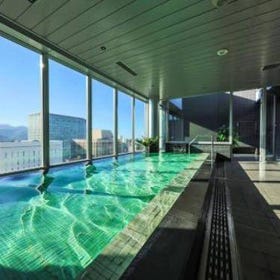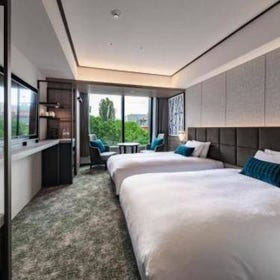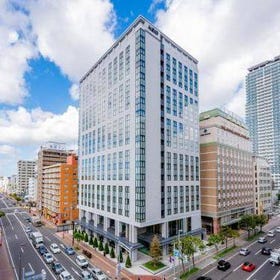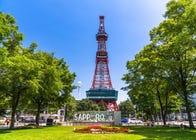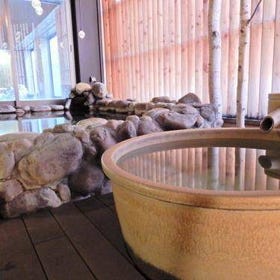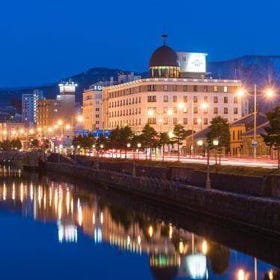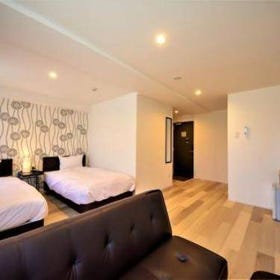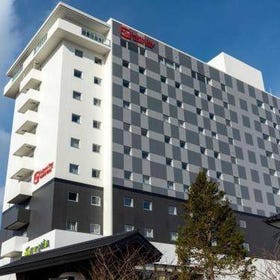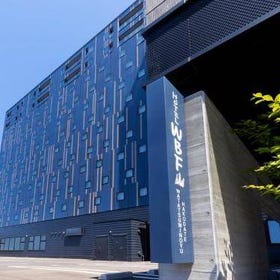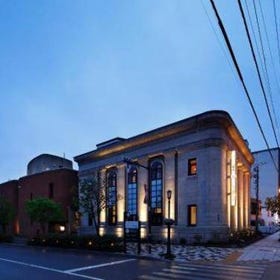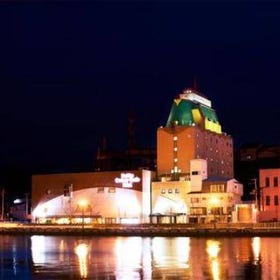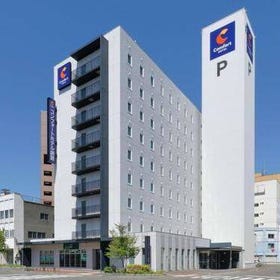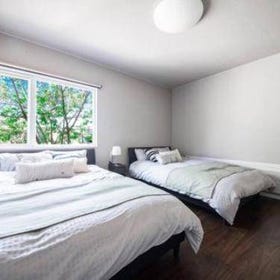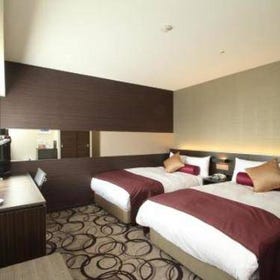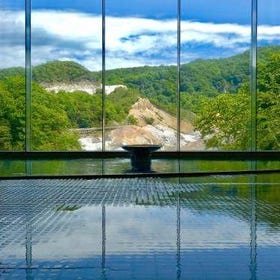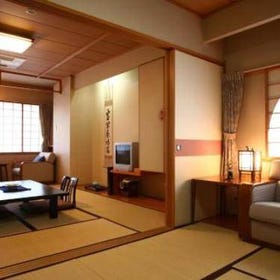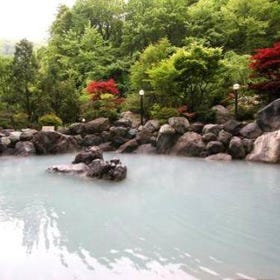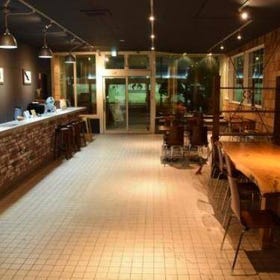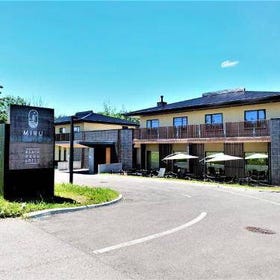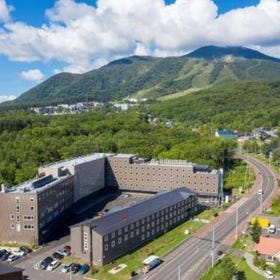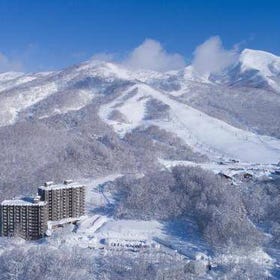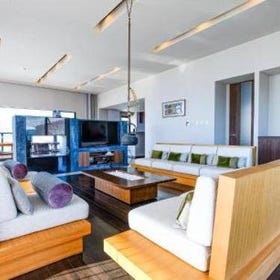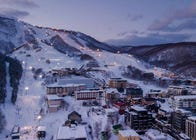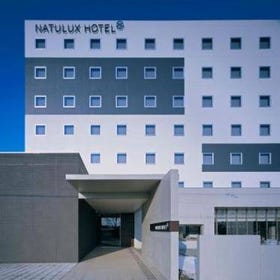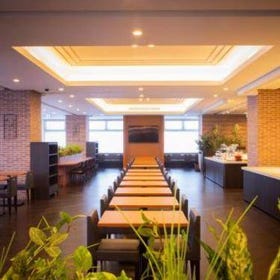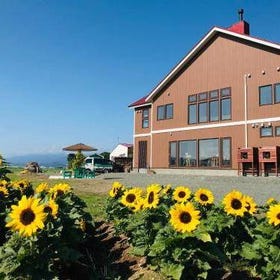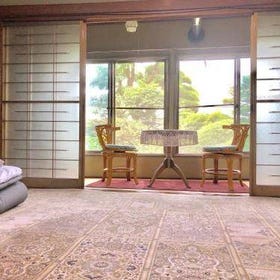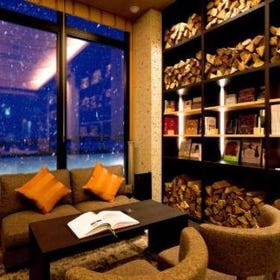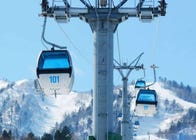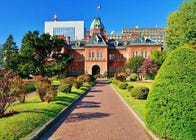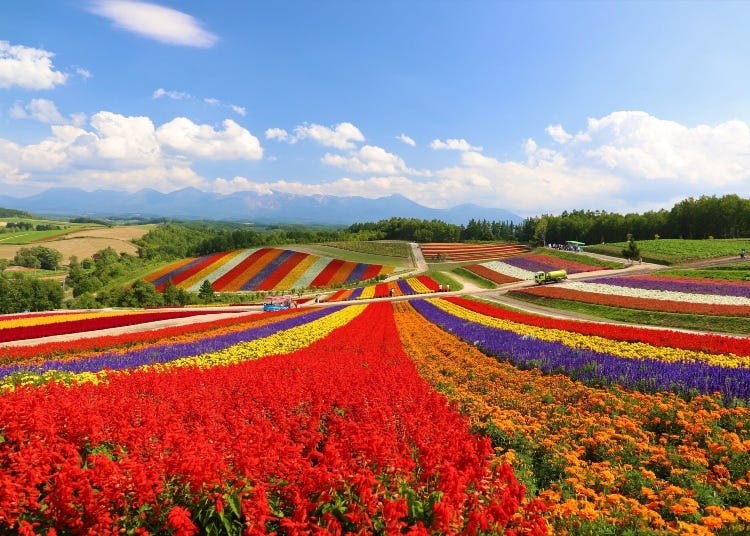
For travelers in search of a different side of Japan, Hokkaido is where it's at. Sapporo - a bustling metropolis on the frontier of Hokkaido’s wilderness - is the first destination for many, thanks to its convenient access to New Chitose Airport.
Meanwhile, some visitors will start their journey in Hakodate, which is connected to the main island of Honshu via Shinkansen bullet train and ferry.
To help make a decision on where to stay in Hokkaido, we’ve waded through the wide selection of accommodations on offer to bring you our picks. Whether you decide to stay in Sapporo or in one of the nearby cities, combining bang for the buck with location, we’re sure you’ll find the perfect hotel for your next Hokkaido adventure here!
Main image: PIXTA
1. How to choose where to stay in Hokkaido
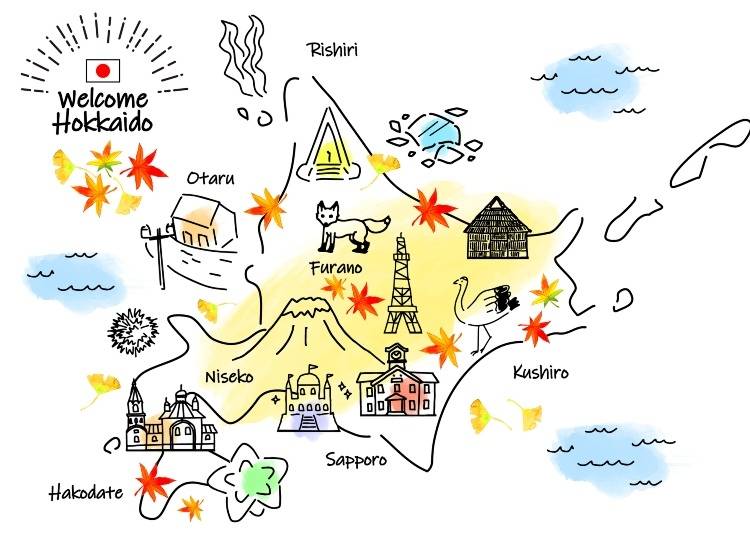
Choosing where to stay in Hokkaido depends on the season you go, the kind of environment (urban or rural) you enjoy, and how long you have got.
The seven areas mentioned in this piece were selected for their popularity, convenient access, and proximity to sightseeing areas.
Sapporo: An excellent choice for travelers looking for convenience and who are using public transport, as there is a lot to see and do in one place. Located in Hokkaido's southwest, Sapporo is a transit hub, many travelers make this city their base before moving to other areas around Hokkaido. Sapporo is especially popular in the winter, as there is easy access to ski resorts just outside the city. It is home to the Sapporo Snow Festival in February, a popular draw for tourists.
Otaru: A beautiful smaller city closer to Sapporo. Otaru features a stunning canal, along which there are many historical buildings, and also offers easy access to the Shakotan Peninsula and beautiful ocean views.
Hakodate: A good option among the smaller cities. This beautiful port town in Hokkaido's south is overlooked by Mt. Hakodate and is surrounded on three sides by the ocean. In the winter, the snow-covered streets of the Motomachi district twinkle with beautiful light displays, while in the spring, the famous Goryokaku Park is ringed by around 1,600 blooming cherry blossom trees.
Kushiro: This city on Hokkaido's eastern coast is the perfect place to stay when driving around the island. Staying in Kushiro will also place you within an easy drive to the Akan-Mashu National Park.
Noboribetsu: This town is popular in winter for its picturesque scenery and numerous onsen hot springs.
Niseko: If you are visiting in winter and want to focus on skiing, Niseko is home to some of Japan's premier snow resorts. Niseko is about three hours from Sapporo by train and requires a connection change at Otaru.
Furano: Furano is home to gorgeous rolling fields of lavender and other flowers in summer, and is one of Hokkaido's wine-producing regions. In winter, it's a great place to enjoy skiing and other snow activities. Located in central Hokkaido, it can be reached from Sapporo by train via the city of Asahikawa in just over 3 hours.
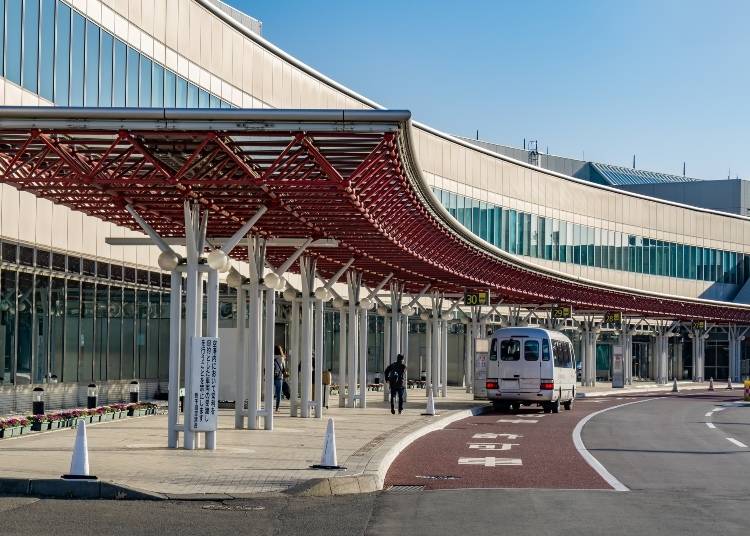
Getting to Hokkaido
From Tokyo, it is most convenient to fly to one of Hokkaido's three primary airports: New Chitose Airport (CTS), Asahikawa Airport (AKJ), and Hakodate Airport (HKD).
・New Chitose Airport is very close to Sapporo, and you can reach this city by the JR Rapid Airport express train in just 37 minutes (1,150 yen o/w; free for Japan Rail Pass holders). It is also possible to get to Sapporo by bus in roughly 1 hour and 20 minutes (1,100 yen o/w).
・Asahikawa Airport is also not connected by rail, but it has a shuttle bus service to Asahikawa (630 yen, 30-40 minutes o/w). There are also local bus services to different areas in Asahikawa, and also to Furano Station (790 yen, 1 hour o/w).
As Asahikawa Airport is in north-central Hokkaido, many travelers here will rent a car and head to areas such as Biei, Furano, and Abashiri. Please note that flights from this airport are mainly to Tokyo, with a small number of scheduled flights to Nagoya and Osaka.
・Hakodate Airport is not connected by rail to Hakodate, so the only choices are by car or by bus. If you are planning to travel by car within Hokkaido, and Hakodate is your first stop, then it is an idea to start your car rental from this airport. It is about a 20-minute drive to JR Hakodate Station.
In addition, there are 10 smaller airports in Hokkaido; however, these generally have flights to a limited number of destinations, such as Sapporo, Tokyo, and Osaka. Depending on your itinerary, you may wish to hop on a flight to one of these airports to start your trip.
Special Discount(Nippon Rent-A-Car)
Get 10% off when you book via the special site. (Coupon code: iUzM2RfVlJ)
2. What is there to see and do in Hokkaido?
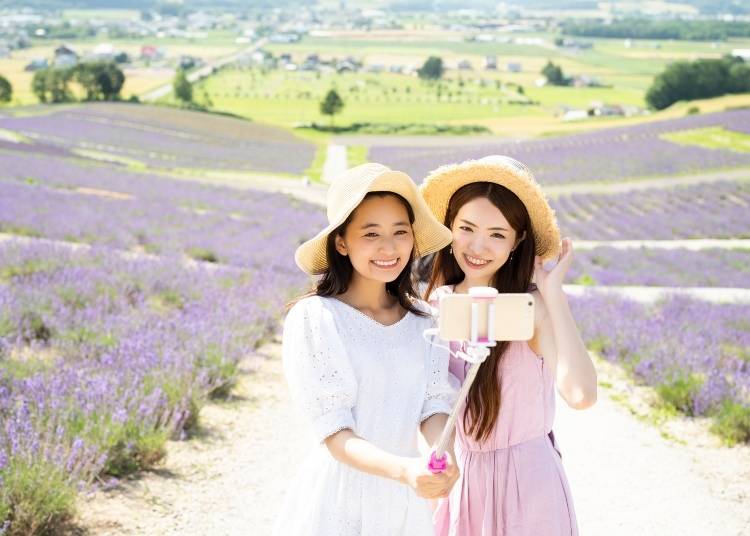
Hokkaido features so many natural landscapes and is basically an escape into the countryside. There are festivals and events throughout the year, and always, no matter the season, you can enjoy local delicacies and fabulous fresh food.
・Spring: Spring arrives later in Hokkaido than in the rest of Japan. Cherry blossoms come out in May, and areas in and around Hakodate, Sapporo, and Asahikawa have some of the region's most beautiful places to see them.
・Summer: Have fun strolling around the flower fields in Furano, road trips along long country roads and camping in Hokkaido's countryside, visit the prefecture's many parks, and much more.
・Autumn: Hokkaido has some of the most beautiful scenes in autumn! Hokkaido's autumn foliage season begins around mid-September, and it's a perfect time to enjoy a road trip to catch the colors.
・Winter: Enjoy skiing in Niseko, the Sapporo Snow Festival in Sapporo, and even monkeys enjoying a hot spring (onsen) in Hakodate.
3. Where are the best areas to stay in Hokkaido?
The following are the best, most convenient areas to stay in Hokkaido, arranged in rough order by popularity.
i. Sapporo: The biggest city in the north
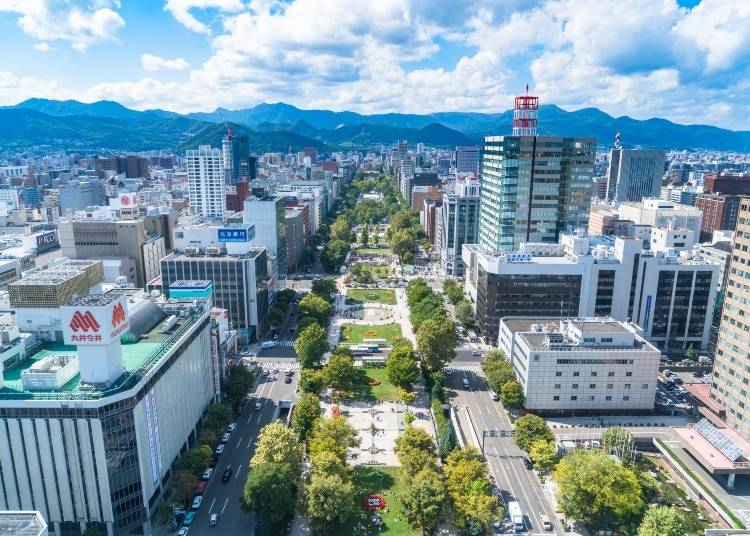
Sapporo is the biggest city north of Tokyo. With a population of around 2 million, it has the creature comforts of any large city and has local train and bus services, making intercity travel very convenient.
The city has many beautiful green spaces, such as Odori Park, one of the Sapporo Snow Festival locations. Younger travelers or those who are young at heart can let their hair down in the wild nightlife area of Susukino.
Sapporo has something for everyone and offers easy access to nearby skiing resorts and also onward travel within Hokkaido and further afield.
What kind of accommodations are there in Sapporo?
・As a sizeable city, Sapporo has a variety of accommodations, from luxury hotels to budget "business" hotels, most of which are located near public transit stops.
・Downtown Sapporo has a handful of traditional ryokan inns. To the west of Sapporo is a hot springs village known as Jozankei Onsen, where you can find a variety of excellent ryokan inns.
・Sapporo also has a number of hostels, especially around the Susukino area.
・In the Susukino area, a number of love hotels can be found as well.
・Holiday homes and apartment rentals are plentiful, especially south of Sapporo Station.
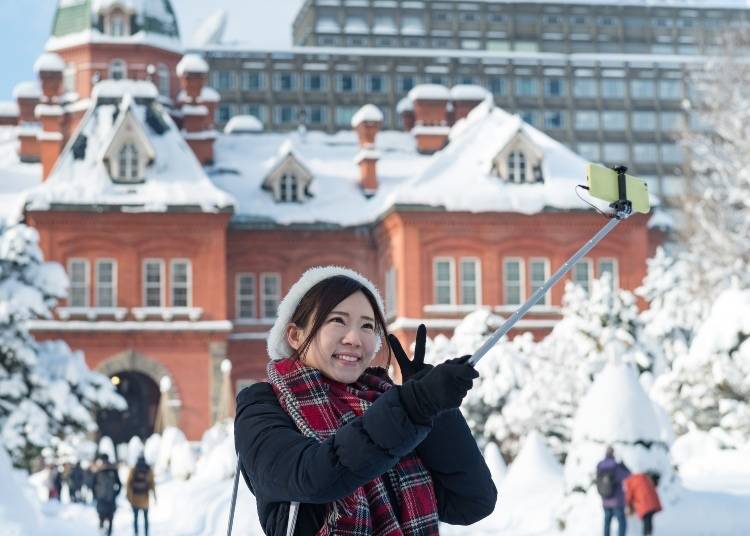
What's there to see and do in Sapporo?
It is a very big contrast, but summer and winter can be considered the best seasons for visiting Sapporo.
・Summer in Sapporo
The period from June to August offers an escape from the more oppressive heat experienced in the rest of the country. Sapporo is also a wonderful city for walking or cycling around. Many visitors will spend time enjoying Sapporo before heading off to other parts of Hokkaido.
・Winter in Sapporo
Many people flock to Sapporo to enjoy the Sapporo Snow Festival in February, and enjoy hot ramen (which is quite a contrast to the cold weather outside), but particularly it is a very convenient base for reaching nearby ski resorts. Other special events to enjoy include the winter lighting around Odori Park and near Sapporo Station, and an ice rink at Odori Park. At the end of the day, there is nothing better than to ease your body into a nice hot spring!
The peak season for Sapporo is January through March, during the snow season. It is recommended that you make your booking at least 3-4 months in advance for the best selection of hotels.
ii. Otaru: Popular overnight destination from Sapporo
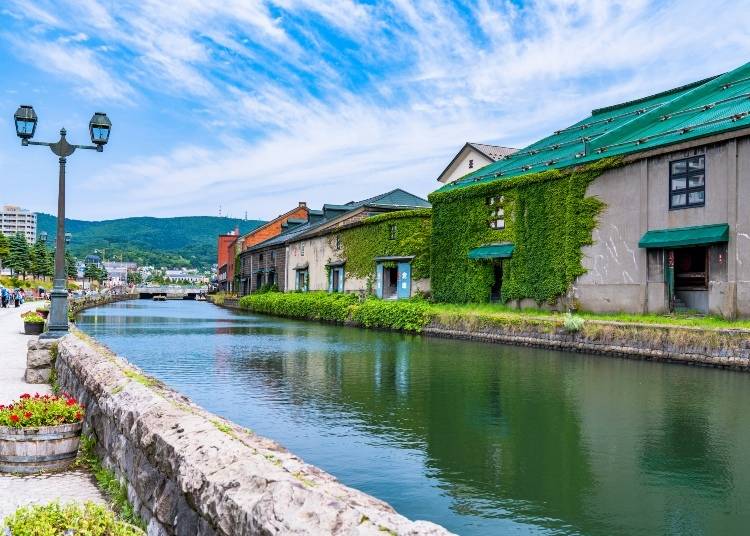
Otaru is a splendid little city to the northwest of Sapporo that features a beautiful canal and a historic district. It is also well situated for travel, or day trips to Niseko and Sapporo.
What's there to see and do in Otaru?
Otaru is a popular destination in the green season and in winter.
Otaru is great for taking a boat trip down the canal, or checking out the historical buildings along it. In addition, you can find great shopping on locally made products, such as handmade glassware in Sakaimachi Street. And whatever else you do, be sure to try the seafood!
Otaru in the winter offers gorgeous views of the canal, and as a small city it is very fun to walk around and enjoy the snowy views of the adjoining streets and stop by a café to relax.
What kind of accommodations are there in Otaru?
・Otaru is a compact city whose accommodations mainly lie to the east of Otaru Station or Minami-Otaru Station.
・Otaru has a good variety of hotels, from budget to luxury.
・There is a handful of ryokan inns around the Otaru.
・Otaru also has a collection of hostels located roughly between Otaru and Minami-Otaru stations.
・The city is also dotted with a number of holiday homes and apartments.
Recommended hotels in Otaru
iii. Hakodate: Ferry gateway to Hokkaido
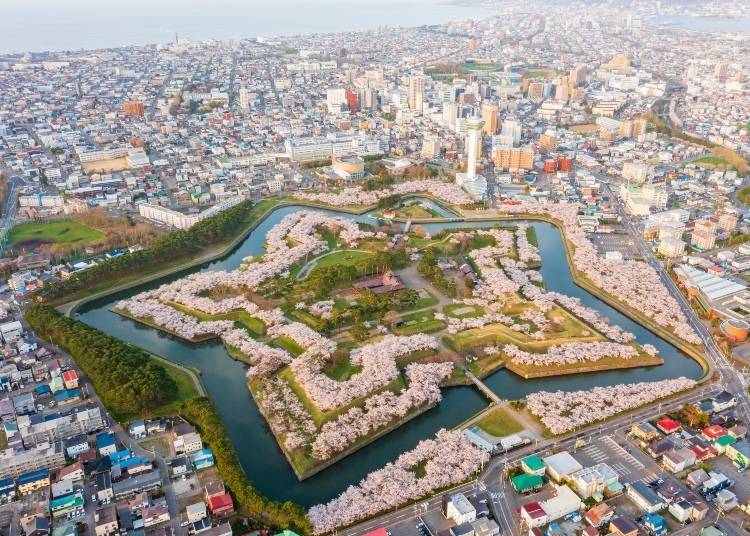
Hakodate is a city that is also a gateway into Hokkaido. It is very famous for its nearby Mt. Hakodate – which offers amazing views of the city. It represents Hokkaido's history in different ways, showing a reminder of European influences in the 19th century with its outstanding architecture.
What's there to see and do in Hakodate?
Hakodate is a very popular destination in spring and summer as it is a very pretty city to walk or cycle around, and Goryokaku – a star-shaped park that was originally a 19th-century fortress – looks absolutely stunning when the cherry blossoms are out in spring.
Hakodate offers lovely walks along the city's coastlines, as well as hiking (there is also a ropeway) up Mt. Hakodate to enjoy one of the best views in Japan. The city's Motomachi district is full of historical buildings, while further inland, you can discover the park of the former fortress Goryokaku. In addition, the northeast part of the city is a hot spring area – which is perfect for relaxing at the end of a busy day.
What kind of accommodations are there in Hakodate?
・Hakodate has a variety of accommodations ranging from upscale hotels to budget hotels, many of which center on Hakodate Station and Goryokaku-koen-mae Station.
・Many of the ryokan in Hakodate are found on the city's eastern side, around the Yunokawa area.
・There is not a huge variety of guest houses or hostels in Hakodate.
・Hakodate does have a number of vacation homes and apartment rentals, mostly centering on the area west of Hakodate Station.
Recommended hotels in Hakodate
iv. Kushiro: Home to the biggest wetlands in Japan!
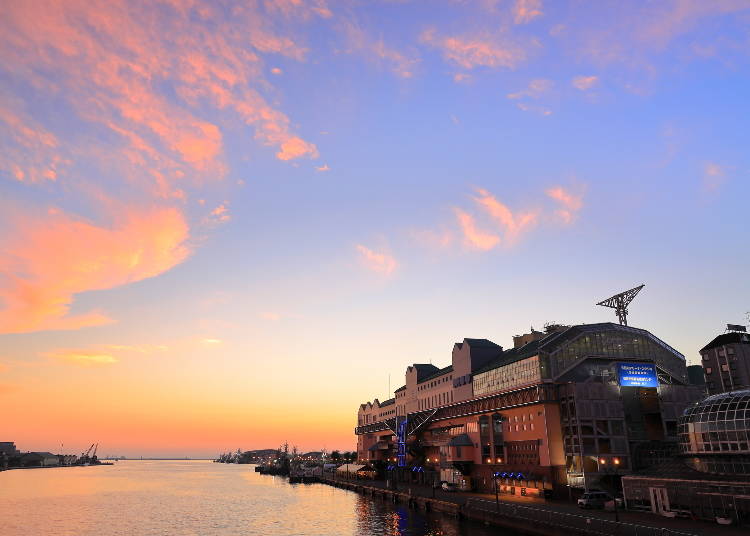
Kushiro is the biggest city on the east side of Hokkaido and has been an important port for Japan for over a hundred years.
The local region features mountains, rivers, lakes, and, most importantly, Kushiro Marsh – the biggest wetland in Japan. On top of its natural features, Kushiro is also a great city to stop at when driving around Hokkaido – particularly if you are heading to Lake Akan or the Akan-Mashi National Park. In addition, there is a rail connection to the town of Shari, the gateway to the Shiretoko Peninsula.
What's there to see and do in Kushiro?
This part of Hokkaido is best in the spring and summer seasons when the plants are green, and the wildlife is out in force. Kushiro is actually the last place in Japan that experiences cherry blossoms, which usually heralds the start of spring.
In both summer and winter, the city is famous for its fresh seafood, but the bigger attraction in summer is the sheer amount of nature found outside the city, and in particular, watch out for wild Japanese red-crown cranes in the marshlands!
In the winter, the natural landscape around Kushiro lends itself to all kinds of winter fun, ranging from snowmobiles and skiing to ice fishing on Lake Akan. There is also nothing better than just admiring the beautiful views of a natural winter wonderland.
What kind of accommodations are there in Kushiro?
・While a small city, Kushiro has a variety of hotels mainly centering around the area south of Kushiro Station.
・Although Kushiro City does not have a selection of traditional inns, Kushiro ryokan can be found north of the city, around Lake Akan and the Lake Kussharo area.
・Kushiro has a small collection of hostels mainly to the south of Kushiro Station.
Recommended hotels in Kushiro
v. Noboribetsu: Enjoy Hokkaido's famous hot springs
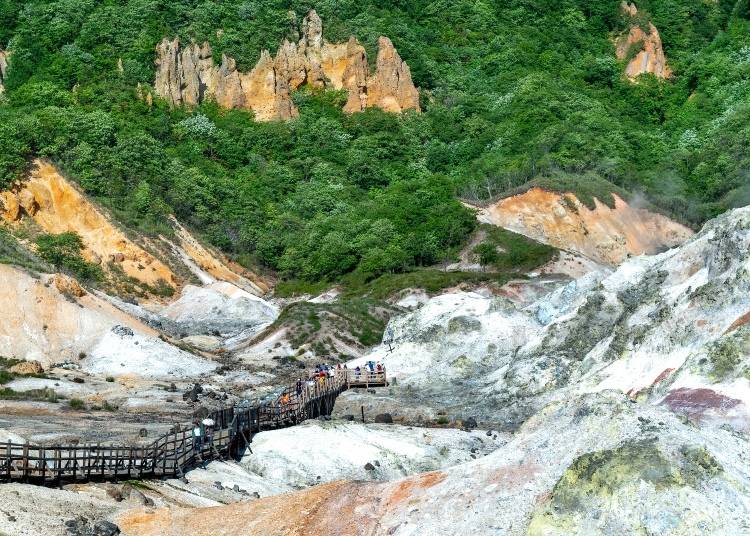
Noboribetsu is a hot spring city which is south of Sapporo. It takes just over an hour (4,780 yen o/w) to get to this pretty port city by train from Sapporo. It is most famous for its "Hell Valley" (Noboribetsu Jigokudani) which is above the city. The city itself is famous for its hot springs and fresh seafood.
What's there to see and do in Noboribetsu?
It is quite enjoyable to visit all year round, in the winter the Noboribetsu Jigokudani features snow painted mountains above the baking hot Sulphur springs of the valley, and of course it is great to slip into a hot spring after a cold day outside!
In the spring and summer the area around this city lends itself to travelers who want to walk or hike around, but whether it is winter or summer you really can’t miss visiting the impressive sight of the volcanic craters, which has the moniker of being like a hellish landscape, that is above the city.
In all seasons you can walk around the gurgling hot spring lake of Oyunuma, enjoy the footpath alongside the Oyunuma River – or even dangle your feet in it as it is actually a hot spring river! – and enjoy shopping and eating in the city itself.
What kind of accommodations are there in Noboribetsu?
・The area around Noboribetsu Station does not have many places to stay. The majority of accommodations are located in the area closer to Jigokudani (Hell Valley).
・This area has a good variety of traditional ryokan inns. However, there are not any Western-style budget hotels or similar.
・You can also find a few vacation homes in the greater Noboribetsu area as well.
・Near Noboribetsu Station are some hostels for budget-conscious travelers.
Recommended hotels in Noboribetsu
vi. Niseko: The skiing capital of Hokkaido
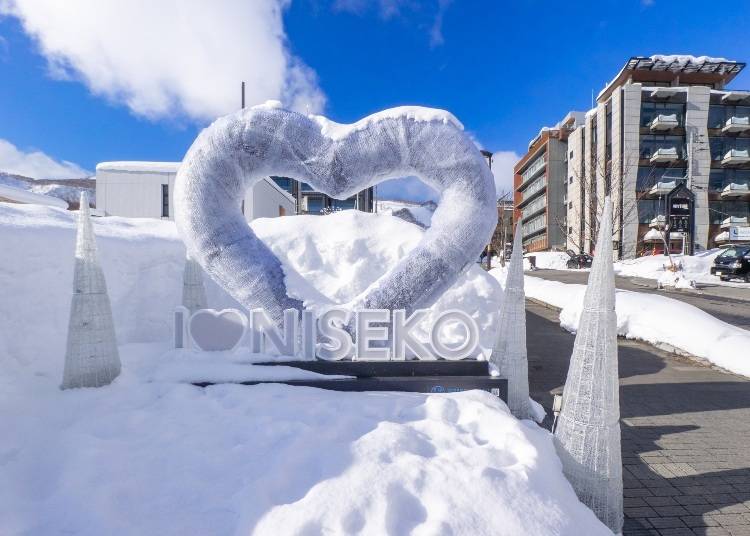
Niseko is located southwest of Sapporo, with the closest airport being New Chitose (3 hours by train, 4,170 yen o/w). It also can be reached from Sapporo, Otaru, and Hakodate by train.
This area is famous for skiing and receives hundreds of thousands of visitors every winter for the legendary powder! Niseko is regarded as one of the best snow resort areas in the world. Although it is most well-known for skiing, it is also developing into an all-year-round resort with various activities available in the summer.
What's there to see and do in Niseko?
This being a top global ski resort, the best time to visit is in the winter. It is also one of the snowiest resorts in the world due to weather fronts that make their way over from Siberia.
In recent years, efforts have been made to ensure that Niseko will have something to offer visitors no matter the season. This has led to the creation of adventure parks, canoeing, various sports like golf and horseback riding, hiking trails, and even coworking spaces! It has become a great place to go to for family and working holidays!
The resorts in this area offer various types of skiing and snow activities, including snowboarding, snowmobiling, and more! In addition, you can enjoy the nightlife in places like Grand Hirafu, while the Niseko Onsen zone has more than a dozen hot springs.
Niseko receives most of its visitors from December to mid-February, so this is when transportation tends to be most crowded, and accommodation can be more expensive than average. It is a good idea to consider staying outside of Niseko and just traveling in to go skiing for a day.
What kind of accommodations are there in Niseko?
・Despite being a compact area, Niseko has a wide range of accommodations, ranging from budget to luxury hotels.
・The Niseko area also has several hostels.
・Niseko also has a large number of vacation rentals
・There is a collection of ryokan in the Niseko area as well.
Recommended hotels in Niseko
vii. Furano: Great for travelers in a car!
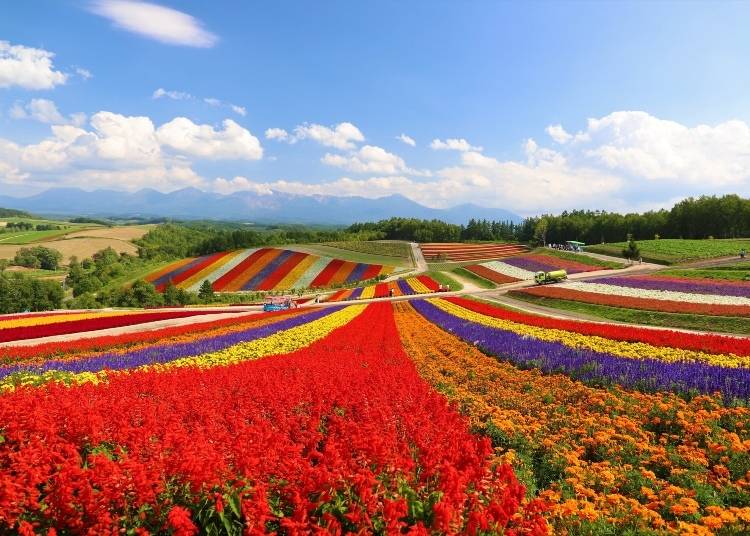
The area around Furano, a small city of just under 23,000 people, is a well-known tourist location for its beautiful landscapes, ski resorts, and lavender fields. While the city has few touristy spots, its nearby ski resorts are extensive. In the summer, the road from Furano toward Asahikawa (national highway 237) is one that every car driver must take. The sights along this road are beautiful throughout the summer, but in July, you can see wide-ranging lavender fields.
What's there to see and do in Furano?
The right season for visiting depends on what you want to do, if you want to ski and enjoy a hot spring, then winter is the right time for you. If you want to enjoy lush nature, impressive mountain ranges, and the exact geographic center of Hokkaido, i.e., Furano, it is better to visit in July or August.
In the city itself, it is best to visit Farm Tomita. This farm can be reached via the Asahikawa Line from Furano Station to Nakafurano Station (260 yen, 12 minutes o/w). It is then a 20-minute walk to the farm. You can enjoy lavender fields and other flower fields with the Tokachi mountain range in the background at this location. In addition, by driving from Furano to Asahikawa, you can experience so many beautiful natural views that your jaw might drop off!
Being up in the mountains, in the winter, there are many snow-related activities that you can do, including skiing and snowboarding. You can also experience the Furano Ski Festival (early February) with its great fireworks displays, try out dog sledding and even go for a ride on a hot air balloon to see the astounding sight of the mountainous landscape.
The peak season for Furano is July, which comes down to the city's lavender fields.
What kind of accommodations are there in Furano?
・Although Furano is a relatively small city, it is fairly spread out.
・Hotels in Furano mainly center on the Furano Station area or are west of the city center. Additional accommodations are located closer to the snow resort area in the mountains west of Furano Station.
・There are a number of vacation homes and rentals in the Furano area.
・In addition, a number of guest houses and hostels can be found near Furano Station.
・A handful of ryokan are located around Furano as well.
Recommended hotels in Furano
4. When are the peak seasons for visiting Hokkaido?
・February (Sapporo Snow Festival)
Every year up to 2 million visitors go to Sapporo for the Sapporo Snow Festival. This is in addition to it being right in the middle of peak season for visiting this city. As such, accommodation in Sapporo can be expensive and is often booked up at this time of year.
・December-January (Snow season)
Generally, winter is a peak season for all of Hokkaido, as many people visit to ski or enjoy the region's snowy delights. Accommodation near or in ski resorts is often booked out or is more expensive at this time of year.
・Mid-late July (Lavender season)
Many people like to visit Hokkaido at this time of year, following the end of the rainy season, to escape the humid heat of the south, enjoy the lush nature of this prefecture, and also to enjoy the lavender season! In particular, areas like Furano are very popular for seeing lavender fields, and it is also a great time of the year for a driving holiday in this region. However, keep in mind that the roads and fields can be busy with other travelers who have come to see the same beautiful sights
・Obon/Summer holidays
During Obon, schools are closed, and many families take the opportunity to go on holiday. And from the perspective of the many natural and child-friendly attractions of Hokkaido, including the fact that it is cooler than in other parts of Japan, Hokkaido is the first choice for many people planning a family trip.
- Area
- Category
*Prices and options mentioned are subject to change.
*Unless stated otherwise, all prices include tax.
Popular Tours & Activitiess
Recommended places for you
-
Appealing

Odori Park
Parks
Sapporo / Chitose
-
Appealing

Sapporo Ramen Yokocho
Ramen
Sapporo / Chitose
-

LakeAkan
Rivers, Lakes & Canyons
Abashiri
-
Appealing

Rukku and Uohei
Izakaya
Sapporo / Chitose
-
Appealing

Mt. Hakodate Observatory
Forests & Mountains
Hakodate
-
Appealing

Noboribetsu Onsen
Hot Springs (Onsen) & Bath Houses (Sento)
Noboribetsu / Lake Toya
-

7 Iconic Hokkaido locations that will make your Instagram shine
by: Himanshi Shah
-
Ad

Smart Ways to Avoid Crowds and Enjoy a Safe, Comfortable Trip to Otaru.
-

Great Local Eats: 5 Expert-Recommended Local Chain Restaurants in Hakodate
by: Nobuka Kawashima
-

Expert-Recommended: 9 Hakodate Hotels Serving Up the Best Breakfasts in Town
by: Nobuka Kawashima
-
Ad

Smart Ways to Avoid Crowds and Enjoy a Safe, Comfortable Trip to Noboribetsu Onsen
-

Scenic Road Trip from Hakodate to Matsumae: Stunning Views, Traditions, and Tasty Delights
by: Nobuka Kawashima
-

Ultimate Family Ski Holiday: 10 Furano Hotels with Easy Access to Powder Snow Slopes
by: Sae Haneda
-

Travel Expert-Recommended! 5 Onsen Hot Spring Hotels & Inns in Otaru (Hokkaido)
by: Nobuka Kawashima
-

10 Luxurious Hotels in Hokkaido: Enjoy Scenic Summer Views of Sea, Lakes, and Flower Fields
-

Japan's Bath Culture: Tips You Should Know!
-

8 Unfamiliar (But Totally Normal) Customs in Japan!
-

Beautiful hotel on Japan’s northern island has frozen rooms, ice outdoor bath【Photos】
- #best sushi hokkaido
- #things to do hokkaido
- #best ramen sapporo
- #what to bring to japan
- #new years in tokyo
- #what to buy in ameyoko
- #japanese nail trends
- #what to do in odaiba
- #onsen tattoo friendly tokyo
- #daiso
- #best sweets otaru
- #japanese fashion culture
- #best nature furano
- #japanese convenience store snacks
- #best japanese soft drinks













